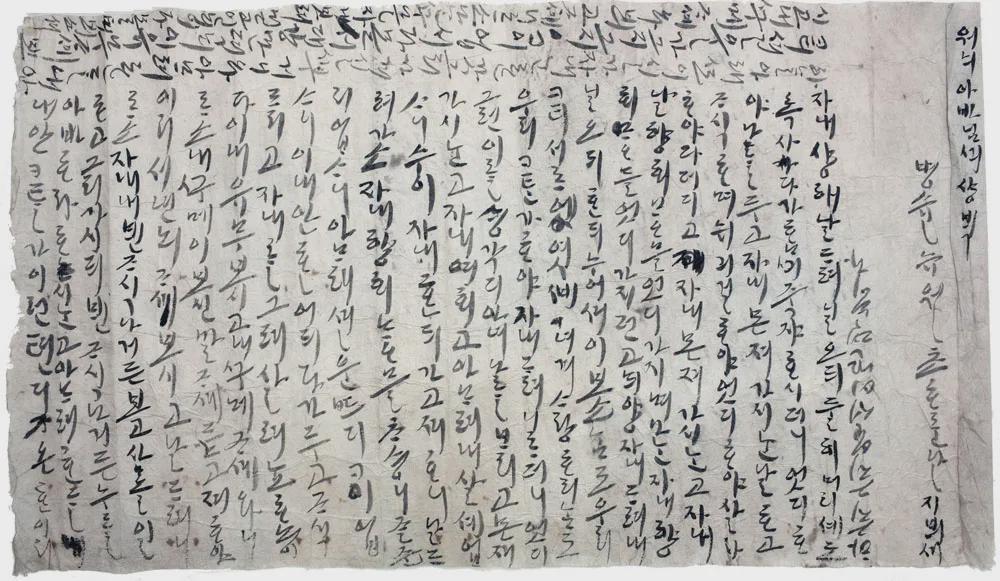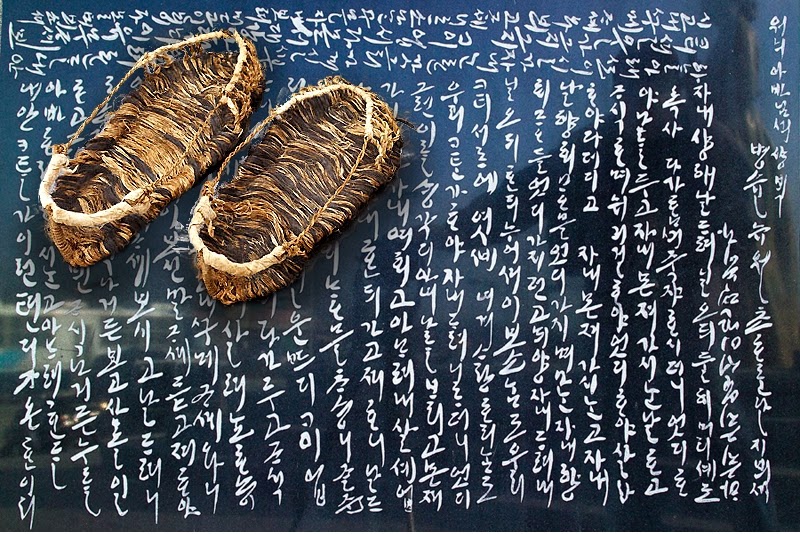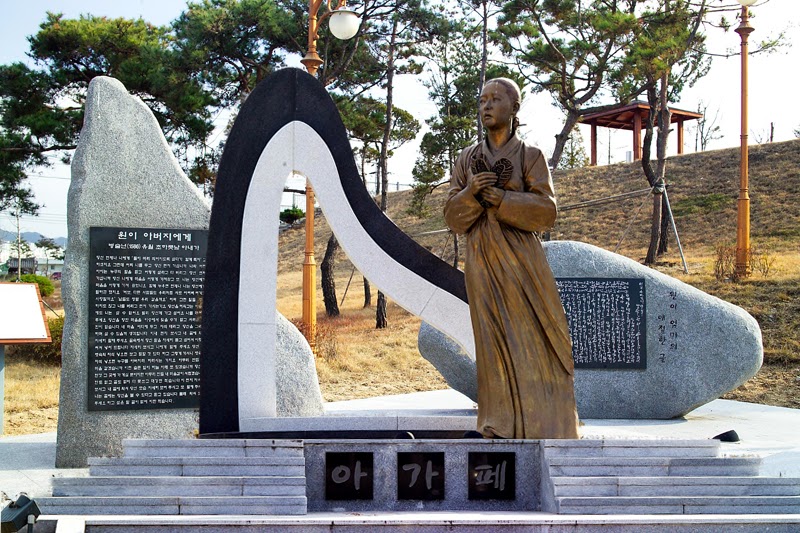In the quiet embrace of an ancient tomb in Andong City, South Korea, a poignant and heartbreaking discovery was made in 1998 – a 436-year-old love letter, written by a pregnant widow to her deceased husband. This soulful missive, penned with the rawness of grief and the tender bonds of a profound love, offers a window into a timeless story of devotion, loss, and the human condition.
The Timeless Love Letter

The letter, addressed to “Won’s Father,” paints a vivid portrait of a couple whose love knew no bounds. The widow, in her anguished words, recalls the promises they had made to each other – to live together until their hair turned gray and to depart this world on the same day. Tragically, her beloved husband had passed away, leaving her and their unborn child to face a future without him.
“You always said, ‘Dear, let’s live together until our hair turns gray and die on the same day.’ How could you pass away without me? Who should I and our little boy listen to and how should we live? How could you go ahead of me?”
The depth of their connection is poignantly captured in the widow’s recollections of their intimate moments, where they would ask each other, “Dear, do other people cherish and love each other like we do? Are they really like us?” The absence of her husband is a wound that refuses to heal, leaving her to question how she can go on living without him.
A Mother’s Anguish

The widow’s letter is a testament to the overwhelming grief that accompanies the loss of a beloved partner. She expresses her inability to continue without him, pleading for him to take her to where he now resides. The prospect of raising their child without the father’s guidance and presence is a source of immense anguish.
“Where would I put my heart in now and how can I live with the child missing you? When I give birth to the child in me, who should it call father? Can anyone fathom how I feel? There is no tragedy like this under the sky.”
The widow’s words echo the universal pain of losing a soulmate and the daunting task of navigating life’s challenges alone. Her sorrow knows no bounds, and she desperately seeks solace in the hope of encountering her husband in her dreams, where she believes she can hear his voice and see his face once more.
A Timeless Testimony

The discovery of this ancient love letter serves as a poignant reminder of the timeless nature of human emotions. Across the centuries, the depth of this widow’s love and the agony of her loss resonate profoundly, transcending the boundaries of time and culture. It is a testament to the enduring power of the human spirit to find solace in the depths of despair and the unwavering bonds that can transcend the physical realm.
Conclusion
The unearthing of this heartbreaking love letter from 16th century Korea stands as a testament to the enduring power of love and the profound impact of loss. It serves as a reminder that, despite the passage of centuries, the human experience of devotion, grief, and the longing for connection remain universal. As we reflect on this ancient story of a widow’s anguished plea, we are reminded of the timeless resilience of the human heart and the enduring nature of the stories that connect us all.
